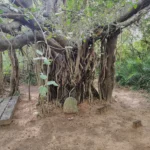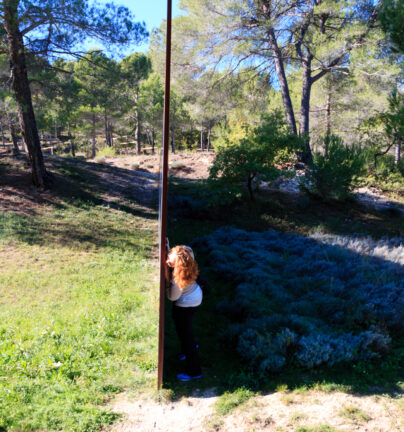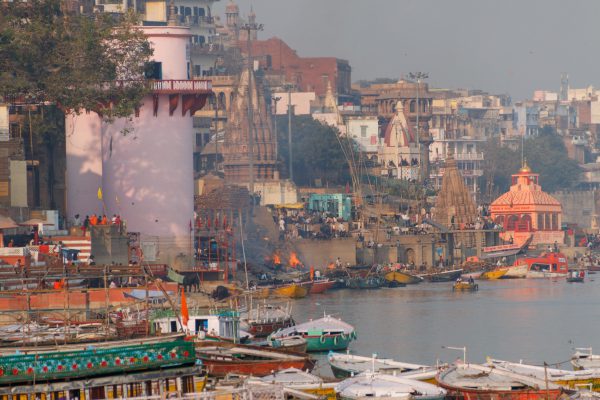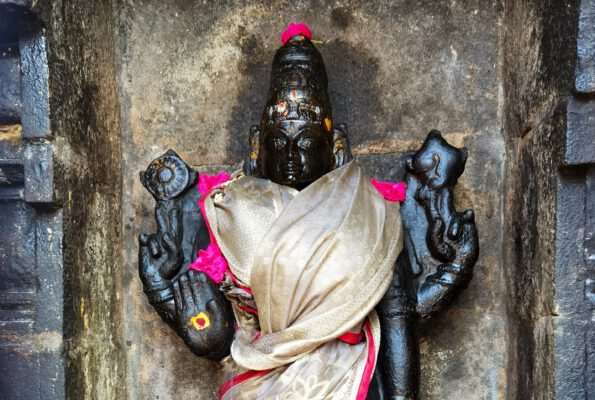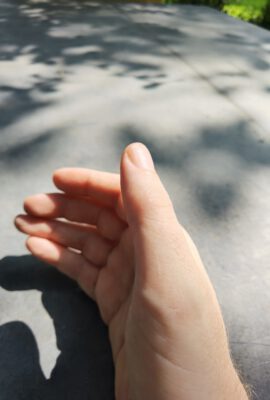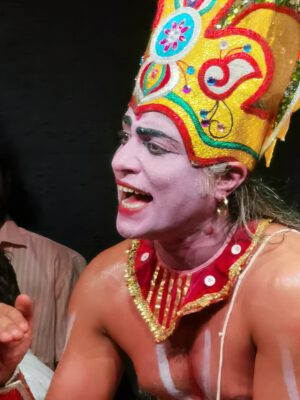Dood is so complex and there are so many different ways of living. There is no right or wrong way to live. Life is a gift.
But what do you say about the negative energies, the destruction and aggression, the greed and resentment? That's all part of it. There is only acceptance. But acceptance does not mean approving of everything, nor does it mean tolerating everything. If a community decides to establish rules and sanction the violation of these rules, then this is also a form of acceptance. As humanity, we signed the Charter of Human Rights with the United Nations in 1945. A lot follows from this, above all how we should treat each other, what is ok and what is not. Acceptance does not mean that we should not and cannot try to change the world.
The excluded
In recent generations, so many discriminated minorities have fought for their rights because they have either violated the norms or been exploited, or both. This discrimination is, of course, the exact opposite of acceptance.
But when a person decides to change their life and leave the so-called status quo. Then the status quo society speaks of a dropout. But isn't it much more the case that people who have decided not to change the status quo have dropped out of life? They remain in a state of rigidity. We probably somehow need traditions, rituals, structures and rules in order to function as a community. And part of these structures may be that they cannot be changed arbitrarily and individually.
There is a relationship here. People who are excluded from mainstream society and people who want to leave it. Why are some not allowed or do not want to participate in this discourse in a society? Is this merely a question of the normal distribution curve (Gauss), or are there structural blind spots in the majority society?
Decay and preservation
History shows that there have been many societies that have fallen, some of which were defeated by enemies or destroyed by natural disasters, but some of which also fell due to decadence, internal conflicts or bad decisions. Above all, however, it shows that there are an infinite number of different forms of society and that value systems can change radically.
Most societies have functions of priests, philosophers, artists, shamans, intellectuals etc. who have a special position. They are not involved in the distribution of tasks in everyday life, the production processes and distribution mechanisms and have a reflective function. They keep the archives, develop new ideas, offer interpretations in conflicts. Ideally, they are the protectors of wisdom, of knowledge treasures. They are involved in a different time, have access to a different consciousness. They see the before and after of societies. They are therefore essential, revered and feared at the same time.
Radicals
These special positions that they occupy are free spaces in a society. New rules of the game are tested here. These playgrounds are subject to special protection. Changing their places is vehemently defended by society. Not everyone is allowed to play along. And if someone 'drops out'? Then he or she is also saying that this system of free spaces no longer works. The most sacred place in society is being called into question. This is also vehemently defended.
And the dropout? Has she not tried hard enough and just not found the right place within society? Did she just give up too soon? Maybe she was just in the wrong place at the wrong time and would have found her place in another life. Or maybe not. Maybe there is simply no place for her in the current society. Maybe there are these blind spots.
Hermits, autonomous communities, monasteries and gurus mark positions in the world that elude current societies. They cannot be assimilated. In this respect, they are radical. (I am talking here about peaceful positions and not revolutionary positions). These peaceful positions occupy a satellite position.
They have a luminous power and show the cosmonauts the way.
